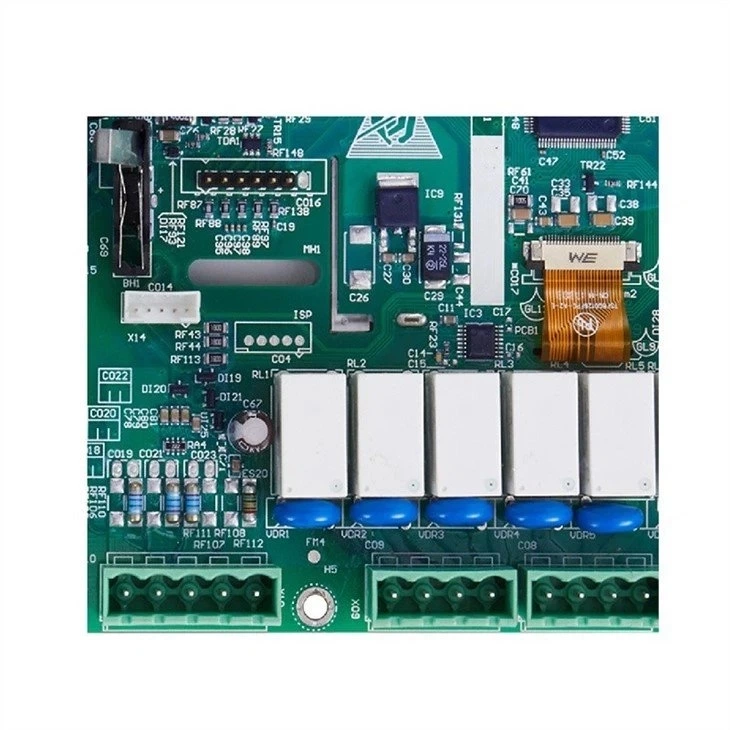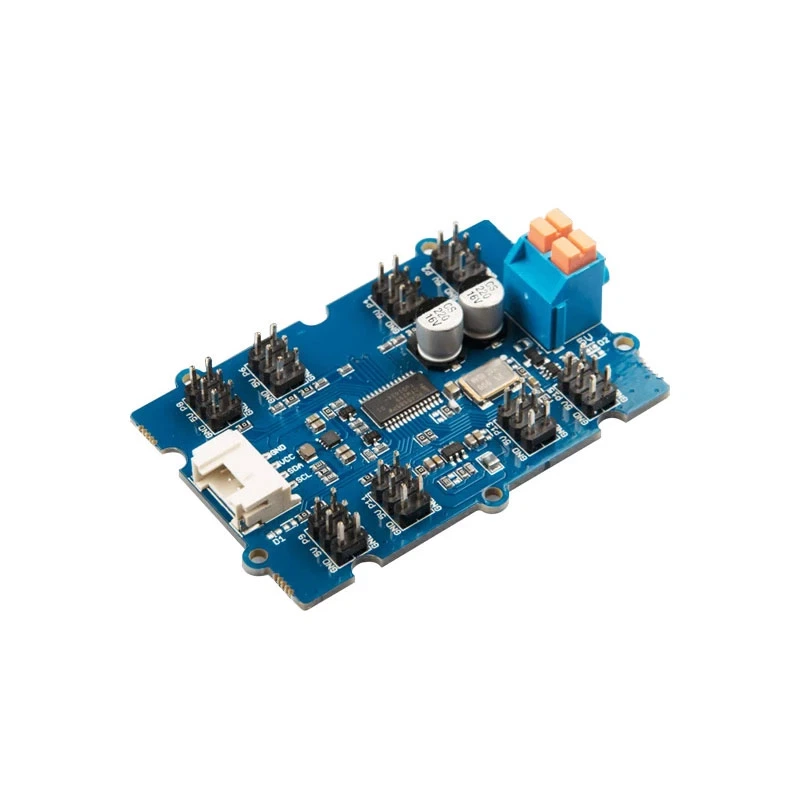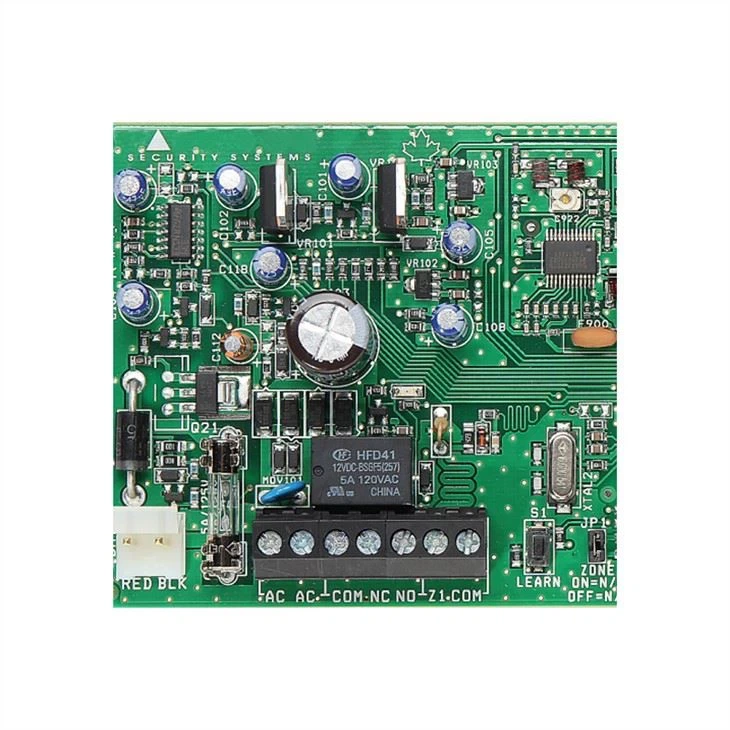Empowering Automation: The Advantages Of Motor Drive Boards in Modern Industrial Systems
In the world of industrial automation, motor drive boards have emerged as a critical component, offering a host of advantages that ensure precise control and efficient operation of electric motors. These innovative boards have revolutionized the way industrial machinery and systems are powered, providing professionals in various industries with a dependable and high-performance solution.
One of the primary advantages of motor drive boards is their ability to achieve precise and variable speed control of electric motors. These boards are designed to convert incoming electrical power into the appropriate voltage and frequency required by the motor. By controlling the voltage and frequency, motor drive boards enable precise regulation of the motor's rotational speed. This feature allows for smooth acceleration, deceleration, and continuous speed adjustment, making motor drive boards ideal for applications that require precise motion control, such as robotics, conveyors, and CNC machining.
Moreover, motor drive boards offer enhanced energy efficiency. By providing variable speed control, these boards allow the motor to operate at the optimal speed based on the load requirements. Traditional fixed-speed motors often run at a constant speed regardless of the load, resulting in energy wastage. Motor drive boards, however, reduce the motor's speed and power consumption when the load is light, leading to significant energy savings. This advantage is particularly crucial in industries where energy efficiency and sustainability are top priorities.
Another advantage of motor drive boards is their ability to improve the overall system reliability and lifespan. The precise control of motor speed and torque provided by these boards reduces mechanical stress and wear on the motor and associated mechanical components. By operating within their optimal speed range, motors experience less strain, leading to reduced maintenance needs and extended lifespan. The enhanced reliability and reduced downtime contribute to increased productivity and cost savings for industrial operators.
Furthermore, motor drive boards offer flexible control options. Many modern boards are equipped with user-friendly interfaces and programmable settings that allow operators to customize motor control parameters based on specific application requirements. Some boards even offer advanced control features, such as acceleration and deceleration ramps, torque limits, and position control. The flexibility of motor drive boards ensures that industrial systems can be tailored to meet unique motion control needs.
Safety is also a significant benefit of motor drive boards. These boards often come with built-in safety features, such as overcurrent protection, overvoltage protection, and fault detection. The safety features ensure that the motor operates within safe limits and protect both the motor and the connected machinery from potential damage or accidents.
In summary, motor drive boards offer a range of advantages, including precise speed control, energy efficiency, improved system reliability, flexible control options, and safety features. These boards provide a reliable and efficient solution for controlling electric motors in various industrial applications. As professionals in manufacturing, automation, and other industries continue to seek precise and reliable motion control solutions, motor drive boards remain a trusted choice for achieving optimal motor performance and efficiency.






